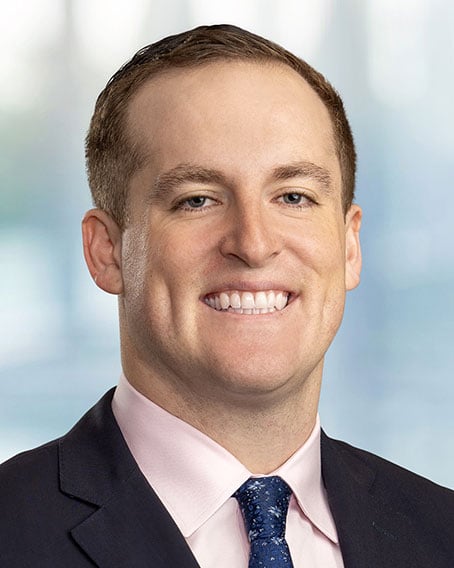| Court - Judge Name |
Effective Date |
Applicable To | Categories |
Summary |
| D. Haw. – Judge Micah W.J. Smith | 10/31/2025 | Generative AI | Generative AI Usage | In Hoosier v. Exec. Ctr. Ass’n, 2025 U.S. Dist. LEXIS 215436 (D. Haw. Oct. 31, 2025), the pro se plaintiff included hallucinated citations to case law and city ordinances in his complaint, which Judge Smith recognized as potential “honest mistakes.” The court ultimately dismissed the plaintiff’s complaint with leave to amend for merit-based reasons and reminded the plaintiff of the district’s standing order requiring parties to submit a declaration disclosing the use of GenAI and confirming that all cited material is real and accurate. Should the plaintiff proceed with filing an amended complaint, he must include this declaration and take steps to verify his citations to “ensure that the court and opposing parties can fairly evaluate his claims.” |
| Requires Disclosure and/or Verification | ||||
| Suggests Cautious Use of AI | ||||
| Applies to AI Used for Filings/Drafting | ||||
| Hwa. Ct. App. -- Judge Keith K. Hiraoka | 5/12/2025 | Any AI | Any AI Usage | In Keaau Dev. P’ship LLC v. Lawrence, 2025 WL 1366320 (Haw. Ct. App. May 12, 2025), the court sanctioned an attorney for citing a fabricated case in a motion to dismiss. The court determined that the citation was a violation of Rule 11 of the Hawaii Rules of Civil Procedure, which requires all attorneys to ensure that all legal contentions “‘are warranted by existing law.’” Although the attorney explained that he had delegated the drafting to a per diem attorney and “‘did not personally use AI,’” he admitted to failing to verify the accuracy of every citation before filing. The court emphasized that the signing attorney bears personal responsibility for the accuracy of all filings, regardless of who prepared the draft. As a consequence, the court imposed a $100 sanction on the attorney, to be paid “personally and without reimbursement” from his client and warned that failure to comply could result in additional sanctions. |
| Applies to AI Used for Filings/Drafting | ||||
| Court-Imposed Consequences – Attorneys/Law Firms | ||||
| D. Haw. – Chief Judge Derrick K. Watson, Judge J. Michael Seabright, Judge Leslie E. Kobayashi, and Judge Jill A. Otake | 11/14/2023 | Generative AI | Generative AI Usage | This general standing order, adopted by several District of Hawaii judges, requires that if any lawyer or pro se litigant submits a filing “generated by an unverified source,” that they must both disclose such reliance, and verify that “any such material is not fictitious.” The order further clarifies that it does not apply to “basic research tools” such as Westlaw, Lexis, or Bloomberg, and that no declaration is required “if all sources can be located on such well-accepted basic research tools.” The order’s preamble indicates that it applies to more than just AI, as the phrase “unverified sources” is used as a catch-all for both content “generated by artificial intelligence (AI) platforms”—citing ChatGPT and Google Bard as examples—as well as content “drafted by persons compensated to produce materials not tailored to specific cases.” |
| Requires Disclosure and/or Verification | ||||
| Applies to AI Used for Filings/Drafting | ||||
| D. Haw. - Judge Leslie Kobayashi | 9/29/2023 | Generative AI | Generative AI Usage | This standing order applies specifically to the use of generative AI. Disclosure of the specific tool used and certification of accuracy are required when generative AI tools are used “in the preparation of any documents” to be filed with the court. The use of the phrase “preparation” (as opposed to “filing” or “drafting”) could indicate disclosure and verification are required when generative AI tools are used in any part of the preparatory process, including research. |
| Requires Disclosure and/or Verification | ||||
| Applies to AI Used for Research | ||||
| Applies to AI Used for Filings/Drafting |
Hawaii
Jump to:





